This is the fourth part of a six-part series counting down the 53 greatest movies of the 21st century (so far). The previous chapter can be found here. The next chapter will publish tomorrow.
- Volver (2006)
Don’t say that, Raimunda, or I’ll start crying. And ghosts don’t cry.
Writer-director Pedro Almodóvar finds the perfect vehicle for his muse Penélope Cruz in this wonderful fairy tale that has more curves than Cruz’s red dress and more twists than a Hitchcock thriller.
At first we’re led to believe this is a movie about a murder and the inconvenient body left behind. Then it looks like a story about a woman who discovers who she is through unexpected success in business. Oh, wait, it’s a ghost story — magical realism! No, it’s a diatribe against reality TV!
It’s all of those things and many more — and what an ending, one of those wrap-ups that could not have concluded any other way, but that you still never saw coming.
- Get On Up (2014)
When I hit the stage, people better be ready, especially the white folk.
Finally, finally, finally, a biopic that examines the whole man and not just his drug addiction or collapse into madness or bitter marriage or whatever other lazy, soda straw view the creators choose to tear down the whole man.
James Brown was a musical genius and a very, very, very complicated human being. But whether that man was being an egotistical, self-destructive wife beater or a trail-blazing, courageous, and patriotic entrepreneur, James Brown was always his own man. Not always a good man. But his own man.
In one of the best performances of the decade, Chadwick Boseman inhabits all of these complexities, and director Tate Taylor delivers a half-dozen show-stopping musical numbers to remind us that Soul Brother Number One, The Sex Machine, Mr. Dynamite, The Hardest Working Man in Show Business, The King of Funk, Minister of The New New Super Heavy Funk, Mr. Please Please Please Please Her, The Boss, and The Godfather of Soul deserved every one of those nicknames.
- Collateral (2004)
Max, six billion people on the planet, you’re getting bent out of shape cause of one fat guy?
Jamie Foxx is Max, a cabdriver with big dreams and zero balls — even when it comes to asking out an obviously interested Jada Pinkett Smith. Tom Cruise is Vincent, a hit-man with a laundry list he needs to complete before dawn, a sociopath who hires Max to guide him through the jungle of a Los Angeles night.
Director Michael Mann’s best movie since Heat is filled with breathtaking action scenes, poetic moments of stillness (the coyotes crossing the road), and the simple but universal and timeless theme about how you must be man enough to save the princess before you deserve the princess.
- The Lives of Others (2006)
Socialism has to start somewhere.
Set in East Germany circa 1984, the Berlin Wall is still up, playwright Georg Dreyman (Sebastian Koch) is living comfortably on the wrong side of it, as is Stasi agent Gerd Wiesler (a perfect Ulrich Mühe, whose life would end less than a year after the film’s release and whose own story so closely mirrors the movie you can hardly believe it).
Both men are shameless sell-outs, shameless agents of the state,. After circumstance brings them together, and with only a smudge of red ink to connect them, one helps the find his own conscience … at great personal cost.
Ingeniously plotted, filled with one unbearably intense scene after another, The Lives of Others also breaks your heart, never quite mends it, and then delivers one of the all-time great final lines, “No, this is for me.”
- In the Bedroom (2001)
Did you do it?
Todd Field’s meticulously photographed and plotted masterpiece likes to catch you off guard. Until the end, until that final terrible moment, you have no idea you’re watching the story of how two decent people are driven to do something unspeakable.
On two separate occasions In the Bedroom flips the game board over, and with it your expectations about where it’s all headed. This includes our perception, not only of what the story is about, but who it is about. The switch of focus from one set of characters to another is like nothing we’ve seen work so effectively since Psycho.
You see, this is not a movie about revenge or even an O.J. Simpson’d justice system that has never been blind to wealth or status. Rather, it’s an exploration of a bottomless pit of inconsolable grief, about not passing judgment on what that grief drives you to do, even if it means only a moment of relief.
Better still, this is a story with the courage to complicate everything by way of a villain filled with genuine remorse and regret.
- The Martian (2015)
In your face, Neil Armstrong!
One of the great all-time crowd pleasers. Smart, funny, suspenseful, inspiring, and science-y without being smug. Ridley Scott and Matt Damon made a perfect movie that is a total pleasure to watch … and rewatch … and then watch again.
But what is it that lifts The Martian above almost every other high-concept, big-budget blockbuster?
To begin with, its intelligence. This is a smart movie, a totally believable story about surviving an impossible situation. When Damon’s character says he’s going to “science this shit out of this,” that’s exactly what he does, and there’s not a plot hole in sight. Maybe some PhD can cry bullshit, but I walked out a believer that a resourceful, educated, can-do American who asks for God’s help can survive all those sols on Mars.
Mostly, though, it’s the story’s striking humanism that hits you. Look at what this wonderful Western Civilization of ours is willing to do, willing to risk and sacrifice, to save just one human being. We have our flaws, we have our differences, but at heart we are good people, and nothing about this story is more believable than the effort, expense, and self-sacrifice put forth to save just one man.
- American Gangster (2007)
The most important thing in business is honesty, integrity, hard work… family… never forgetting where we came from.
Only The Mighty Denzel Washington could play a sociopathic (real-life sociopath Frank Lucas) drug dealer without losing the goodwill of the audience, even after executes a man in the middle of the street.
What separates American Gangster from so many similar movies isn’t just the combined star power of Washington and Russell Crowe, but what their characters represent.
Both are determined to clean up their chosen professions, to vanquish the corruption and to prove that it’s only a lack of honor and honesty that’s screwing everything up. Lucas just wants to deliver a good product at a fair price. Crowe’s Richie Roberts just wants to practice fidelity to the law. Both are defeated by The System, by an establishment even more corrupt than a drug kingpin who at least lives by a code.
In the end, as was the case in real life, of course Lucas and Roberts became friends. If nothing else, they could at least relate to the fact that other stood for something.
Other than perpetuating itself at any cost, those that hold power in government and media, in this rigged American System of ours, stand for nothing.
- Gran Torino (2008)
Ever notice how you come across somebody once in a while you shouldn’t have fucked with? That’s me.
Hollywood’s greatest rumination on what it means to be a man since John Ford’s How Green was My Valley (1941).
The critics focused primarily on the Eastwood character’s arc, his racial enlightenment… As usual, the critics missed the point.
Walt Kowalski is no racist. He’s a misanthrope. He’s looking for any reason to hate everyone, and if being a “slope” is a handy enough reason, he’ll grab on to it.
Kowalski’s been made bitter by the death of his wife, his selfish, grasping family; a Church that has no answers, a world that’s leaving him behind, and a war that made no sense.
He thinks he knows everything, and it his age he probably does. One thing Walt doesn’t know, though, is how desperately lonely he is, how much he wants to be surrounded by family, to be needed. When this arrives from the unlikeliest of places, he grabs hold of it and discovers that the world won’t leave him behind if he will just take the time to pass on his virtues, his wisdom, his code… Which brings us back to that part about what it means to be a man.
The Hmong family next door benefits from Walt’s everyday Americanism every bit as much as he benefits from their love and respect, their need for him and, yes, every family’s need for a patriarch.
As far as Walt’s lessons on being a man, those lessons are not just about the importance of a work ethic, the art of breaking balls, the wisdom of sticks n’ stones… It’s also about the difference between vengeance and sacrifice, between losing your soul and salvation.
- Zodiac (2007)
Just because you can’t prove it doesn’t mean it isn’t true.
David Fincher’s masterpiece is not so much about the Zodiac, a serial killer who terrorized Northern California for a number of years starting in 1969, it’s really about the effect of helplessness on the human condition.
Lives, partnerships, and relationships are shattered, not by the elusiveness of the killer, not by an inability to stop the killer, but by a Truth is always just out of reach.
A hundred years from now, filmmakers will still be studying Zodiac; it’s pacing, editing, breathtaking cinematography, and willingness — to stunning effect — to deny the audience a catharsis.
Penelope said “begets?”
Released just as the #MeToo movement and their Woketard Army began to infect the art of storytelling with “instruction” over our shared values, in an attempt to jump on that bandwagon, Three Billboards was advertised, by its own creator (writer, director Martin McDonagh) as a movie about a woman with a strong voice.
In other words, it sounded dreadful… Strident, preachy, smug. Then I read my pal Andrew Klavan’s interpretation of what he saw and decided to give it a shot. What I discovered is one of the funniest, most mature and moving experiences to come along in a very long time.
What I was certain would be a feminist screed ends up being an anti-feminist screed — because there is no forgiveness, no second chances from America’s hideous harpies.
Three Billboards is a story so achingly Christian, and one composed with such subtle tenderness, it took months before the fascist left figured it out and launched a backlash. By then it was too late. Three Billboards cleaned up at awards season.
As Klavan points out, Woody Harrelson’s Bill Wiloughby is the Christian Godhead. As the town sheriff, he has the power to mete out justice, to offer second chances, to forgive, and to not give up on people. The flip side of that is that in this frustratingly natural world of ours, he can’t promise perfect justice or to make sense of everything. Don’t expect Wiloughby to perform miracles. That’s now how any of this works.
Out of love, Wiloughby sacrifices himself and leaves behind four gospels in the form of letters. Two are left to his beloved family explaining the necessity of this sacrifice. The third explains the transforming power of love to his deputy (Oscar-winner Sam Rockwell), a bitter, childish racist.
Wiloughby’s fourth Gospel is about hope, and this one he addresses to Mildred (Frances McDormand), who like a roman candle, is burning herself hollow with fury over the horrific murder of her daughter and Wiloughby’s (i.e. God’s) failure to deliver justice.
There are too many beautiful moments in Three Billboards to detail, but my favorite is when Wiloughby accidentally coughs blood on Mildred. Her brief transformation, the sudden reveal of the tenderness buried beneath the rage… No wonder McDormand won her second Oscar.
Another is when Dixon hits bottom. Like many, he discovers that your troubles are only just beginning once you embrace God. And now the sin of despair has driven him to the brink of an even worse sin. But of all people, of all the people in the world, and without even understanding this is what he’s doing, he places his fate into Mildred’s callused hands — to the same unforgiving Mildred who revels in despising and ridiculing him. And then the miracle happens. Not a clouds-part-and-angels-sing miracle, a better kind: the kind that comes with the extension of the hand of forgiveness, that comes when someone finally puts down the sword and recognizes your effort to make it right. Mildred agrees to go to Idaho … and in a hard and frequently cruel world, that can be enough.
Other than Mildred’s blistering rebuke of a Catholic priest, there’s nothing overtly religious about Three Billboards. It’s so much more than that — it’s a parable, a moving reminder that you should always welcome home the Prodigal Son, of the fact that extending forgiveness is a gift we give to ourselves.
Follow John Nolte on Twitter @NolteNC. Follow his Facebook Page here.
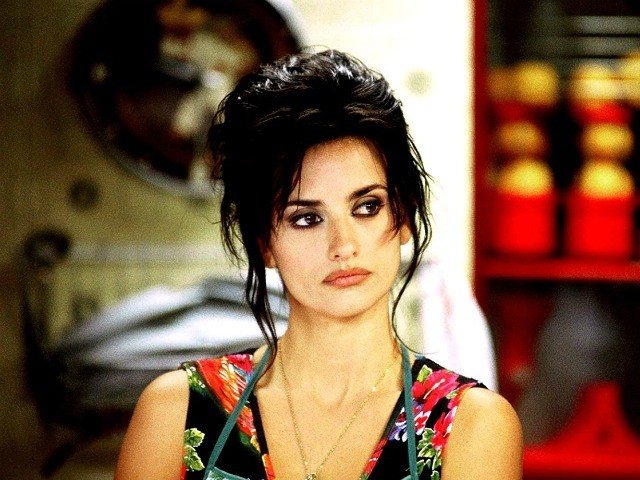
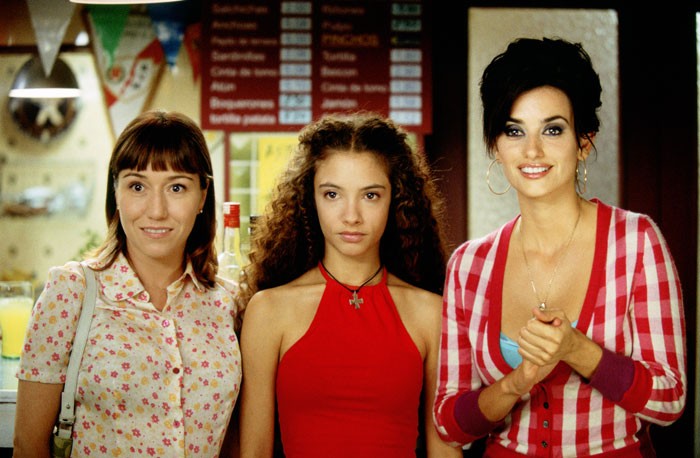
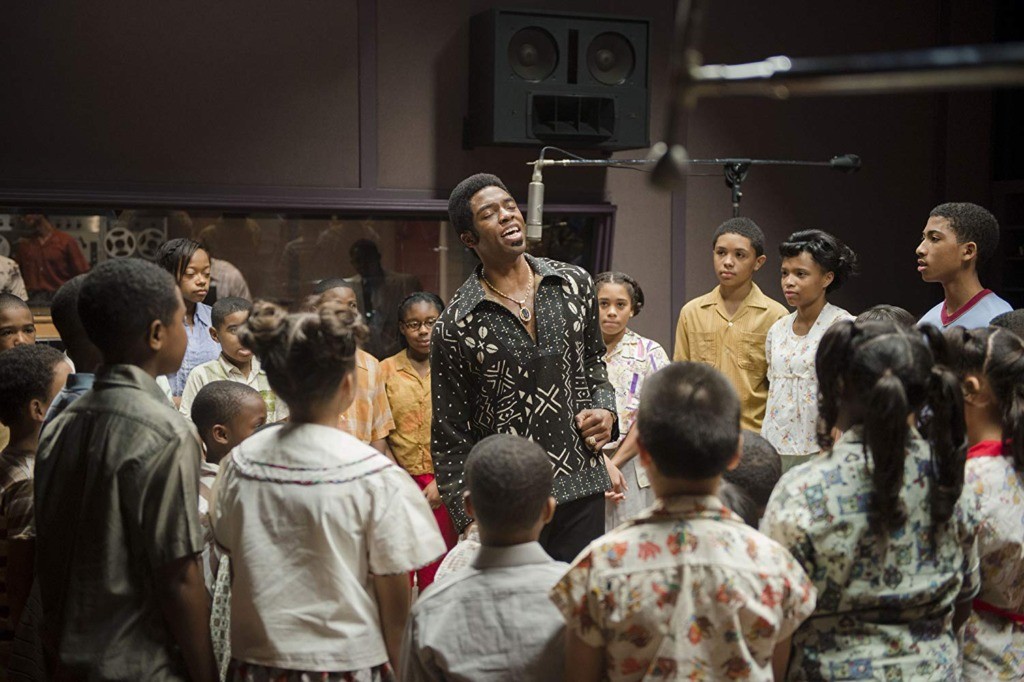
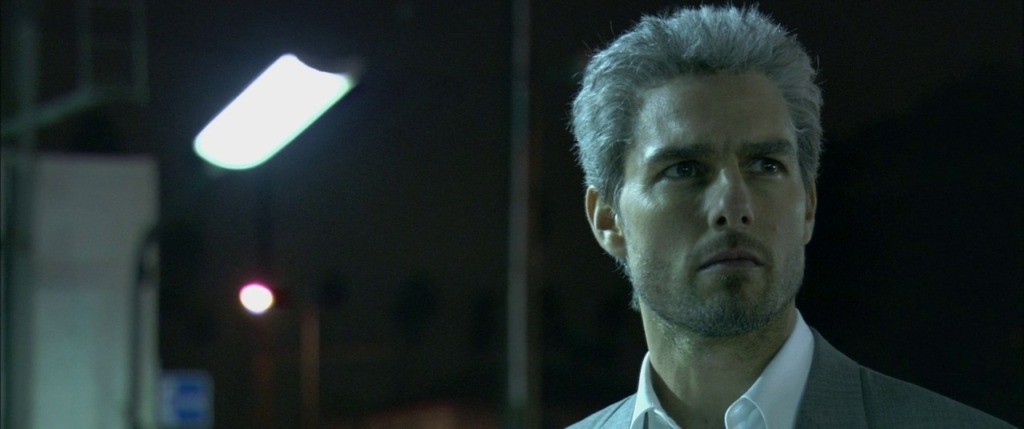
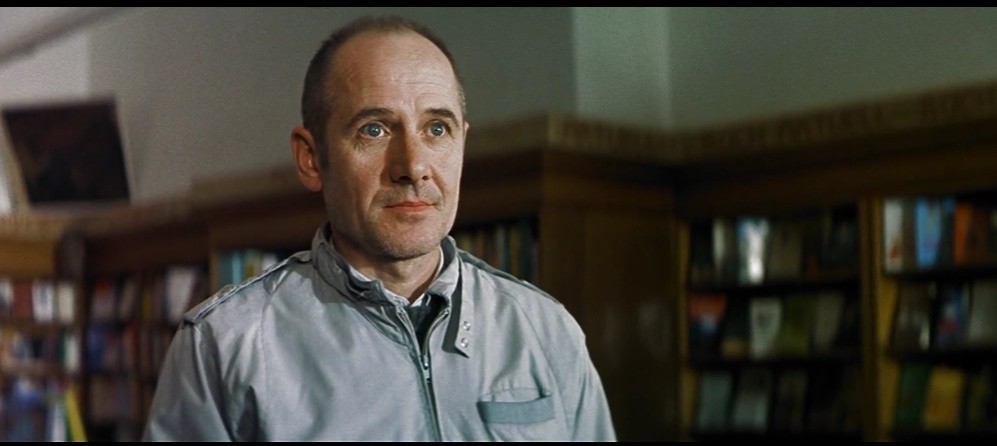
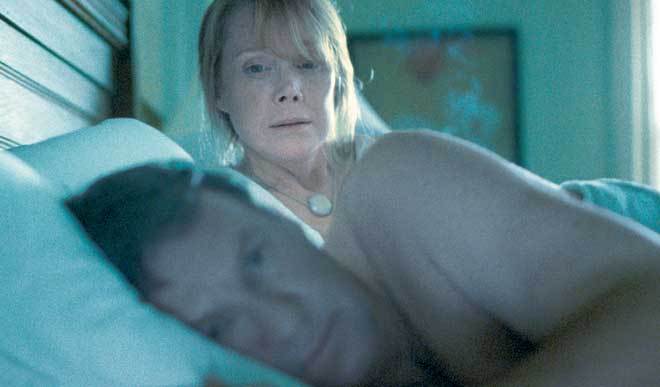
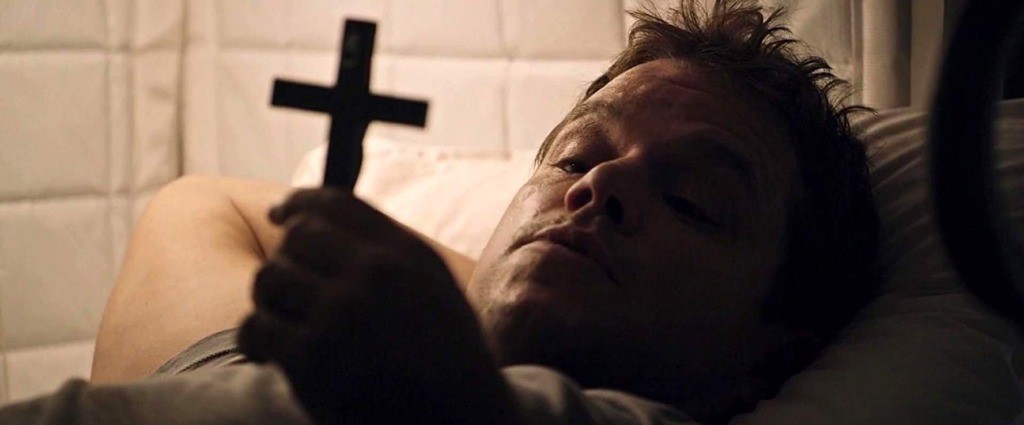
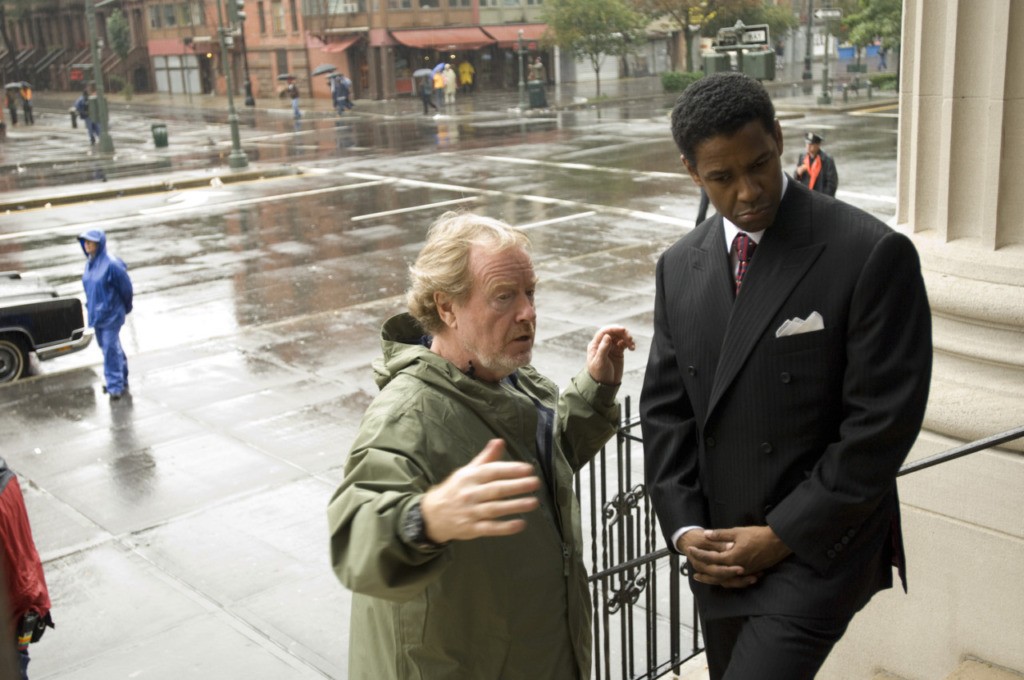
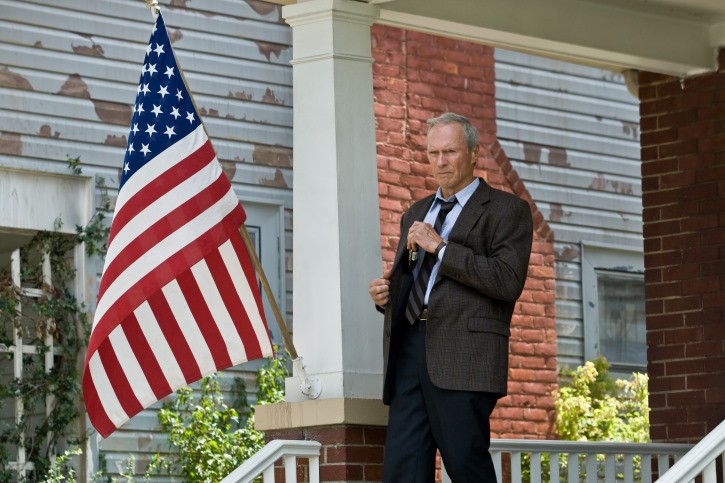
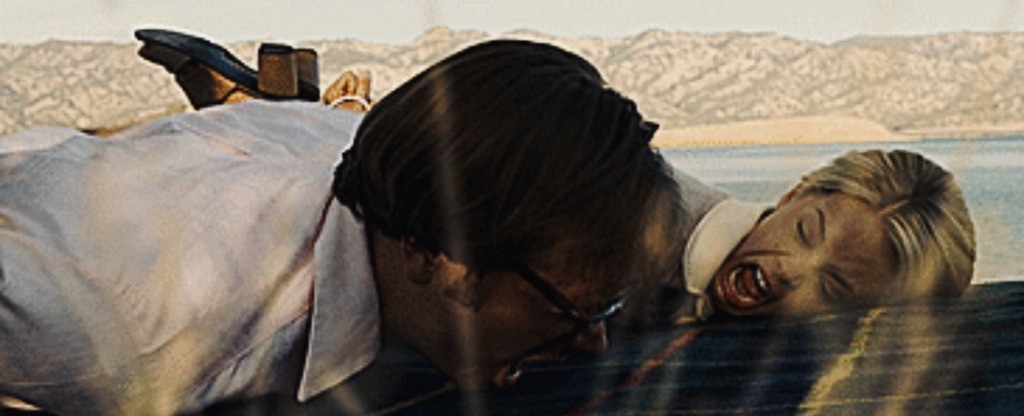
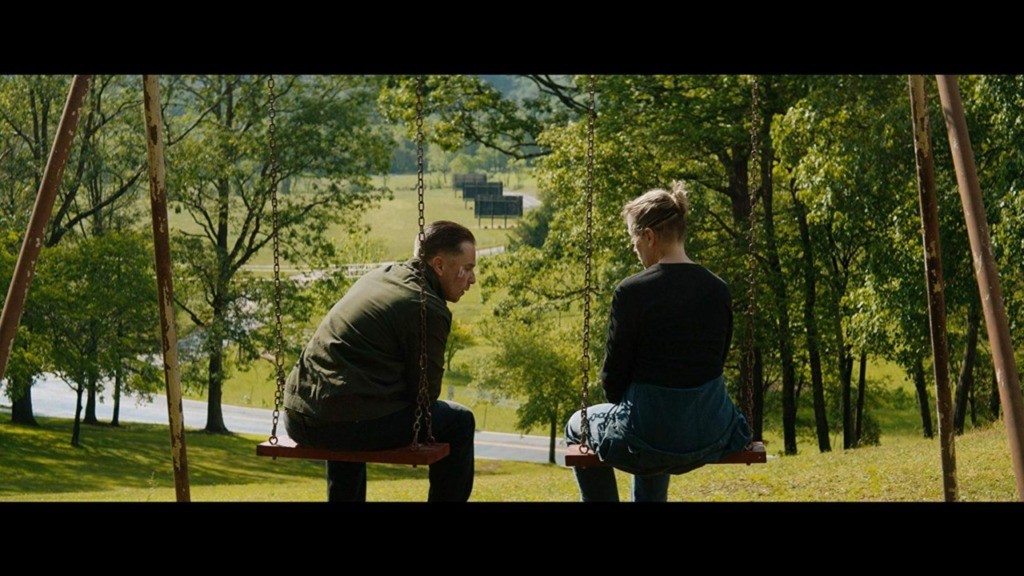
COMMENTS
Please let us know if you're having issues with commenting.